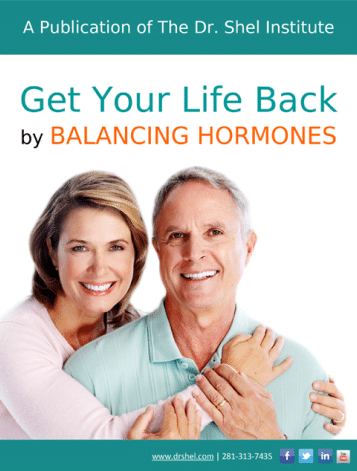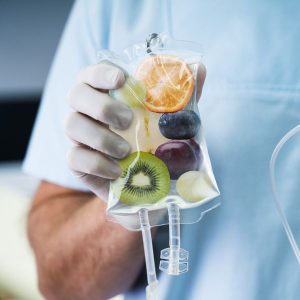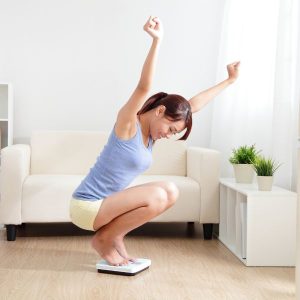* results may vary based on a variety of factors
Testosterone Replacement Therapy | Dr. Shel Wellness & Aesthetic Center
Just as estrogen and progesterone decline with age in women, testosterone is the main hormone that declines in men. Testosterone is primarily produced in the testicles and secreted by the testes. Through bio-identical hormone therapy, or BHRT for men, testosterone can be restored to pre-depleted levels. Testosterone therapy for men is customized and administrated from our wellness center.
Some telltale signs of low testosterone are:
- loss of sex drive/inability to maintain an erection
- fatigue
- irritability
- depressed mood
- aches and pains in the joints
- dry skin
- osteoporosis
- loss of weight
- absence or regression of secondary sexual characteristics, such as muscle development, deep voice, and hair distribution on the chest and face
Testosterone production is affected by a number of external factors, such as illness, medications, psychological state, obesity, exercise, and lifestyle (smoking and excessive alcohol intake).
Factors such as reduced activity, nutritional deficiency, diabetes, and growth hormone deficiency can also contribute to lower levels.
The Major Effects of Testosterone are:
- Promotes libido, assertiveness, and sexual desire
- Stimulates the growth of certain organs
- Promotes protein anabolism, which is, the use of protein to build muscle, skin, and bone, and militates against protein catabolism, or breakdown
- Stimulates sperm production
- Nourishes all the tissues of the male urinary and reproductive systems
- Regulates the production of prostaglandin, which seems to keep prostate growth under control
The Health Risks of Low Testosterone Levels:
Men who have a low testosterone level after age 40 may have a higher risk of death over a four-year period than those with normal levels of the hormone, according to a report in the August 14/28 issue of Archives of Internal Medicine, one of the JAMA/Archives journals. Unlike women undergoing menopause, middle-aged men generally do not experience a rapid/dramatic decrease in the production of sex hormones, according to background information in the article. Testosterone levels gradually decline as a man ages, decreasing approximately 1.5 percent per year after age 30. The effects of low testosterone levels include decreased muscle mass and bone density, insulin resistance, decreased sex drive, less energy, irritability and feelings of depression or anxiety.
Previous studies have found that testosterone levels may dramatically decrease one to two days after surgery, trauma or critical illness, all factors that can increase the risk of death. To eliminate these effects, the authors re-analyzed the data excluding men who had died within the first year of follow-up. Men with low testosterone levels were still 68 percent more likely to have died. “The persistence of elevated mortality risk after excluding early deaths suggests that the association between low testosterone and mortality is not simply due to acute illness,” they write. “Large prospective studies are needed to clarify the association between low testosterone levels and mortality.”
Who is at Risk?
We recommend that men who display signs of testosterone depletion, receive a periodic consultation to determine if testosterone therapy with bio-identical hormones is necessary. Testosterone levels in men typically reach concerning levels after age 40. However, during the past two decades, testosterone levels in American men have rapidly declined. Among the many effects of this decline is a decrease in sperm count and increased infertility rates. This decline in testosterone levels is likely due to a multitude of causes including obesity, nutritional deficiencies, and the overuse of estrogen mimicking compounds found in pesticides, fertilizers, and plastics. This has led to earlier and more dramatic onset of low testosterone in men.
“After I started on the testosterone treatment I began to see results literally within the second day. My energy was up and my moods were far better. My friends and family actually mentioned they noticed a difference! I feel I am back to myself again, and I am very grateful for that. I would highly recommend Dr. Shel to anyone!*”
* results may vary based on a variety of factors
Treatment Options
We offer several administration options for bio-identical testosterone therapy including:
- Pellets
- Injections
- Creams
- Troches
Consultations
For more personalized information about Gluten Sensitivity Testing, please request your consultation, or call us at 281-609-4439.


















